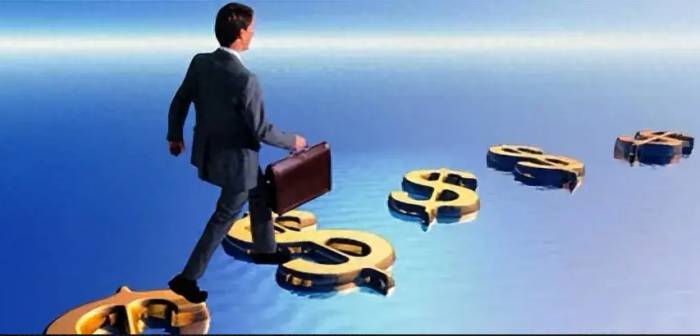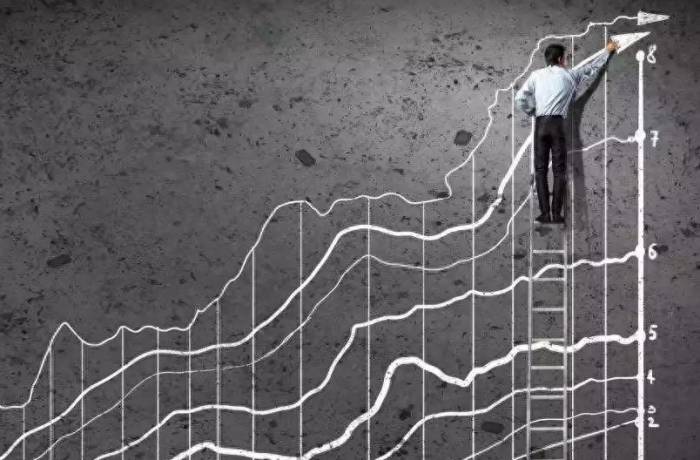To ultimately make a profit in trading, there are actually only three methods:
1. Make a profit every single time;
2. Ensure a success rate of over 50% when the gains and losses are roughly equal;
3. Try to lose as little as possible when losing, and win as much as possible when winning. Strive to achieve a situation where even if you trade 10 times and are wrong 9 times, you can still make a profit with just one win.
We know that the first situation is basically impossible, so most people consider the second method, which is to increase the success rate.
However, in life, many people have a high success rate, but they still end up losing money. In other words: trade 10 times, be right 9 times and wrong once, and still end up losing money!
So, in this market, talking about the success rate of trading is very misleading! What we first pursue is the third point: strive to make money on the basis of trading 10 times, being wrong 9 times and right once! Then, we can talk about the issue of improving the success rate!Why do some people, or most people, end up being eliminated by the market or leaving with losses? This is somewhat related to our nature. The instinctive reactions of human nature are actually very unsuitable for trading: greed, fear, luck...
At the same time, human nature is also a process of continuous learning. Most people, at the beginning of trading, have also heard a lot about cutting losses and letting profits run.
But in the process of application, often after cutting losses, the market reverses, and letting profits run in the end, it's like taking an elevator, and even turning a win into a loss.
Moreover, in the actual trading process, not cutting losses and taking small profits to secure the bag can often accumulate a certain profit quickly.
The market is in a state of shock for 70% of the time!
If we know that human nature is the problem, it will naturally lead to the idea of "attitude determines fate" and try to change our attitude.
In fact, this is an impractical proposition! It's easy to change the landscape, but it's hard to change one's nature. How can nature be changed simply?
So, the easier way to solve the problem of nature and attitude is to establish a pragmatic trading system and then trade systematically.
Establishing a trading system is relatively easier than the execution of the system. Because the execution process will also involve the problem of human nature! The concept of profit and loss, money in human nature, supported by greed, fear, and luck, will seriously hinder the execution of the system!
So, the important question is how well you execute!On the topic of establishing a trading system, the first step is whether you understand the market and know how it operates. The stock market has its own way of functioning, futures have their own way, and the foreign exchange market has its own way as well.
Therefore, to create a trading system, it should essentially follow the pattern of market operation.
There are all kinds of strange and diverse methods for predicting the market. When they align with the principles of market operation, they have a certain vitality; but when they do not conform to the state of market operation, or even go against it, it's better not to look at them.
Breakouts can be fake, as the market is not prepared.
There are no fools in this market. The only way to make money is not to push the market up by oneself, but to mobilize market forces to do it. Otherwise, it will have to come down the way it went up! Whether the market is ready or not can be known after the breakout.
So, in terms of trading, a breakout must be entered; but whether to stay in it, whether to add or reduce positions... only after it happens will it be known.
This market is ever-changing, but the "essence" remains the same. What is the essence?
The decision-makers in the market want to make a profit, and the profit model is the essence; the participants in the market want to lose money, and the loss model is the essence! The only purpose of speculation is to let 80% of the people lose money to 10% of the people, and the other 10% just go through the motions.
Therefore, change is the eternal theme of the market, but constancy is also an eternal theme—human nature remains unchanged.






























Discussion